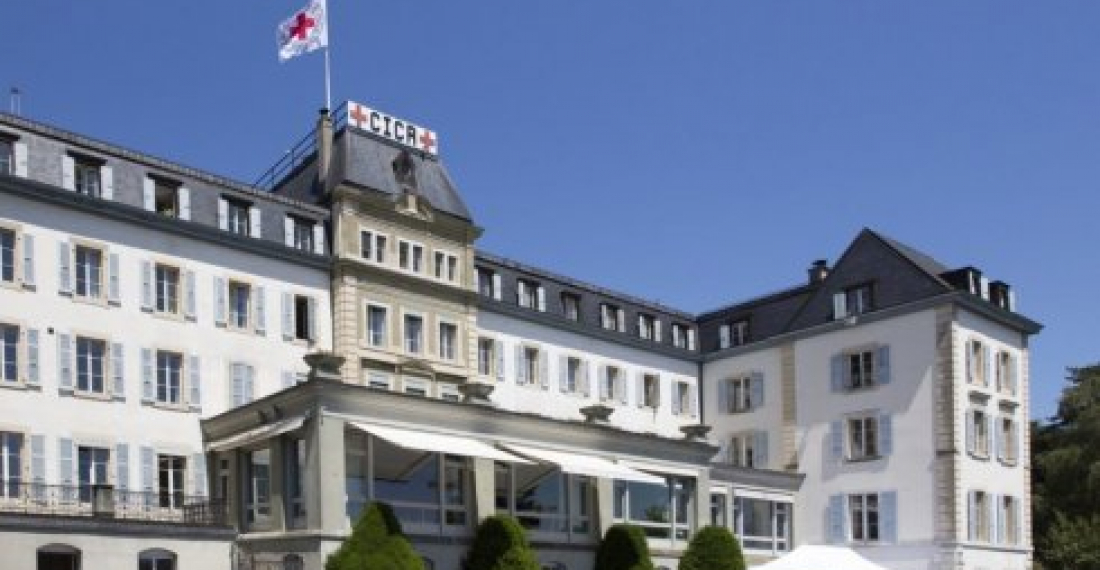The International Committee of the Red Cross (ICRC) welcomed the agreement on the humanitarian ceasefire reached last night between Armenia and Azerbaijan in Moscow, and said it was ready to fulfil its role as a neutral intermediary.
It is understood that representatives of the ICRC have been having talks in Yerevan and Baku throughgout the day to establish the modalities of the operation and arrange for the safety of its personnel during the execution of their tasks. In the meantime the organisation has also issued a statement from its headquarters in Geneva. It said:
"The ICRC has a long-standing history as a neutral intermediary in conflicts around the world, and it is our hope that this operation can move forward quickly so the remains of those killed in action can be returned to their loves ones and mourned with dignity," said Martin Schüepp, ICRC Eurasia Regional Director in Geneva. "We are also here to facilitate the release of detainees for the sides of the conflict so that they can be reunited with their families."
"We are in regular discussions with the sides and expressed our readiness to engage in further discussions on the nature of the involvement of the ICRC to support the return of detainees and human remains, including the logistics and security guarantees for our teams," said Schüepp. "It is also our hope that this agreement translates into meaningful relief for families after weeks of intense fighting."
As the conflict escalated in late September, the ICRC offered its services to respond to the humanitarian needs and to act as a neutral intermediary between the sides. It is not involved in political negotiations.
Under international humanitarian law, the law that governs armed conflict, parties to conflict have an obligation to collect and evacuate the dead without distinction of which side they fought for. The ICRC is available to offer technical advice to the sides so that the dead are identified in accordance with international humanitarian law, and then facilitate the return of bodies.
source: commonspace.eu with the ICRC
photo: ICRC Headquarters, Geneva (archive picture)







